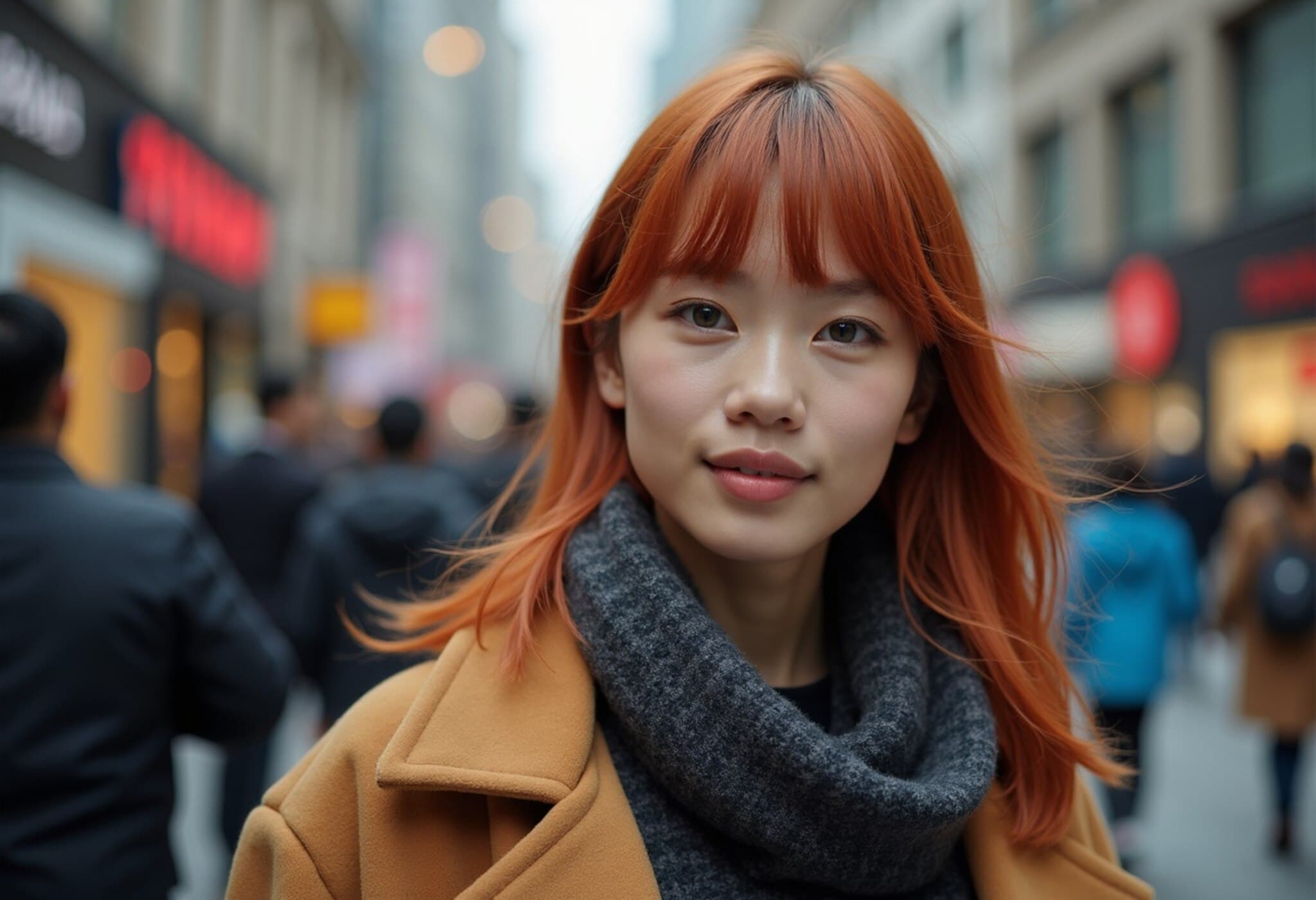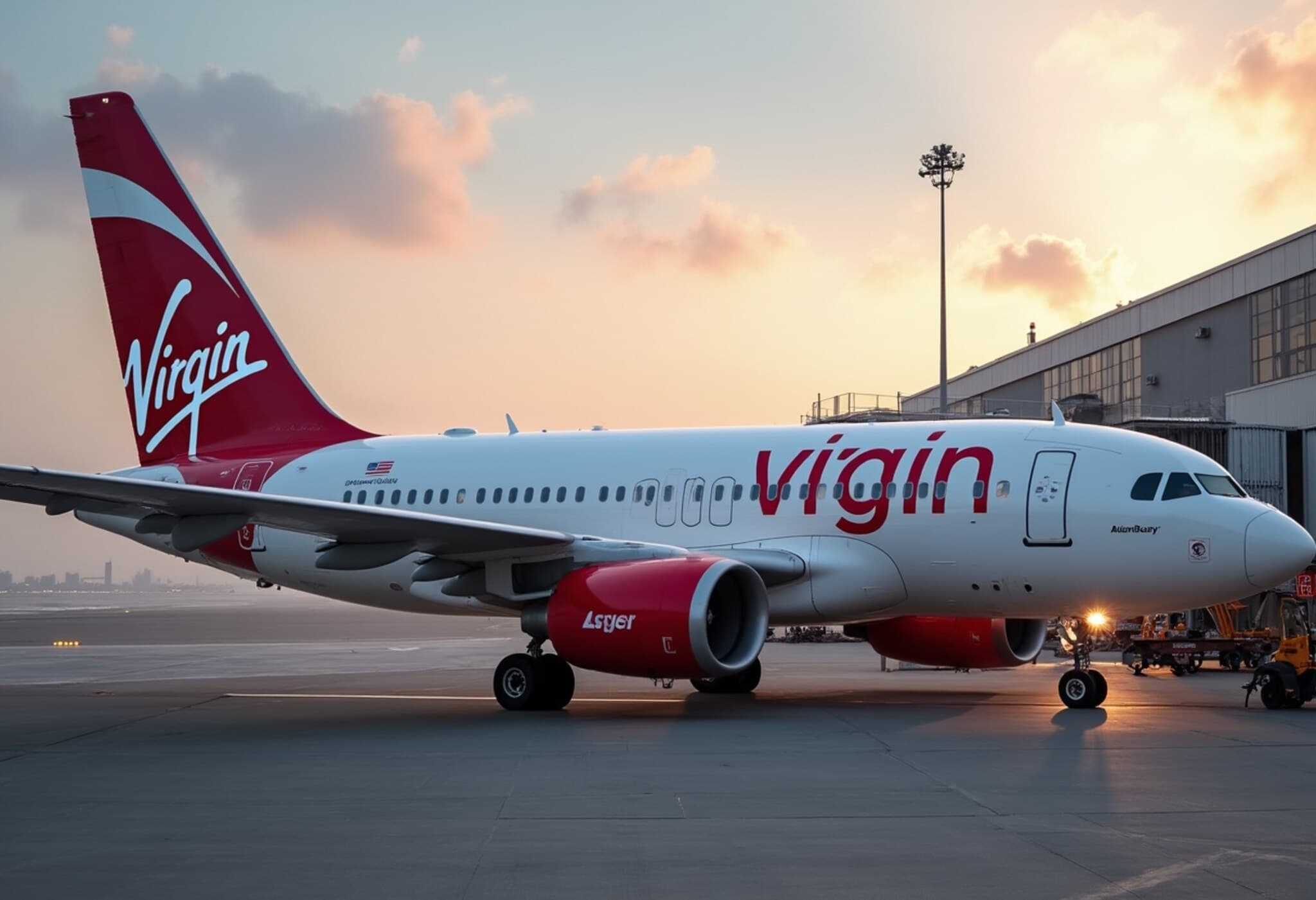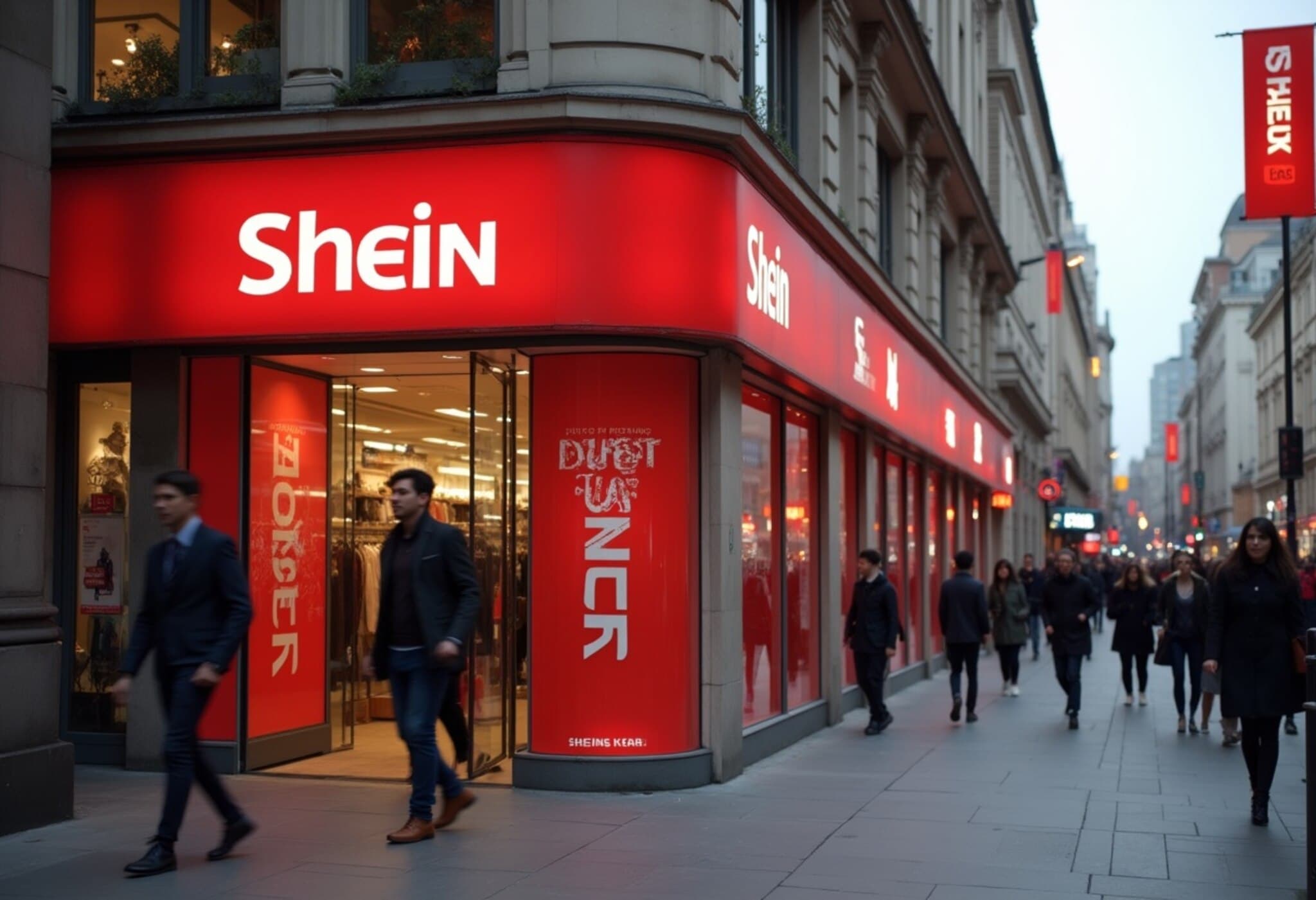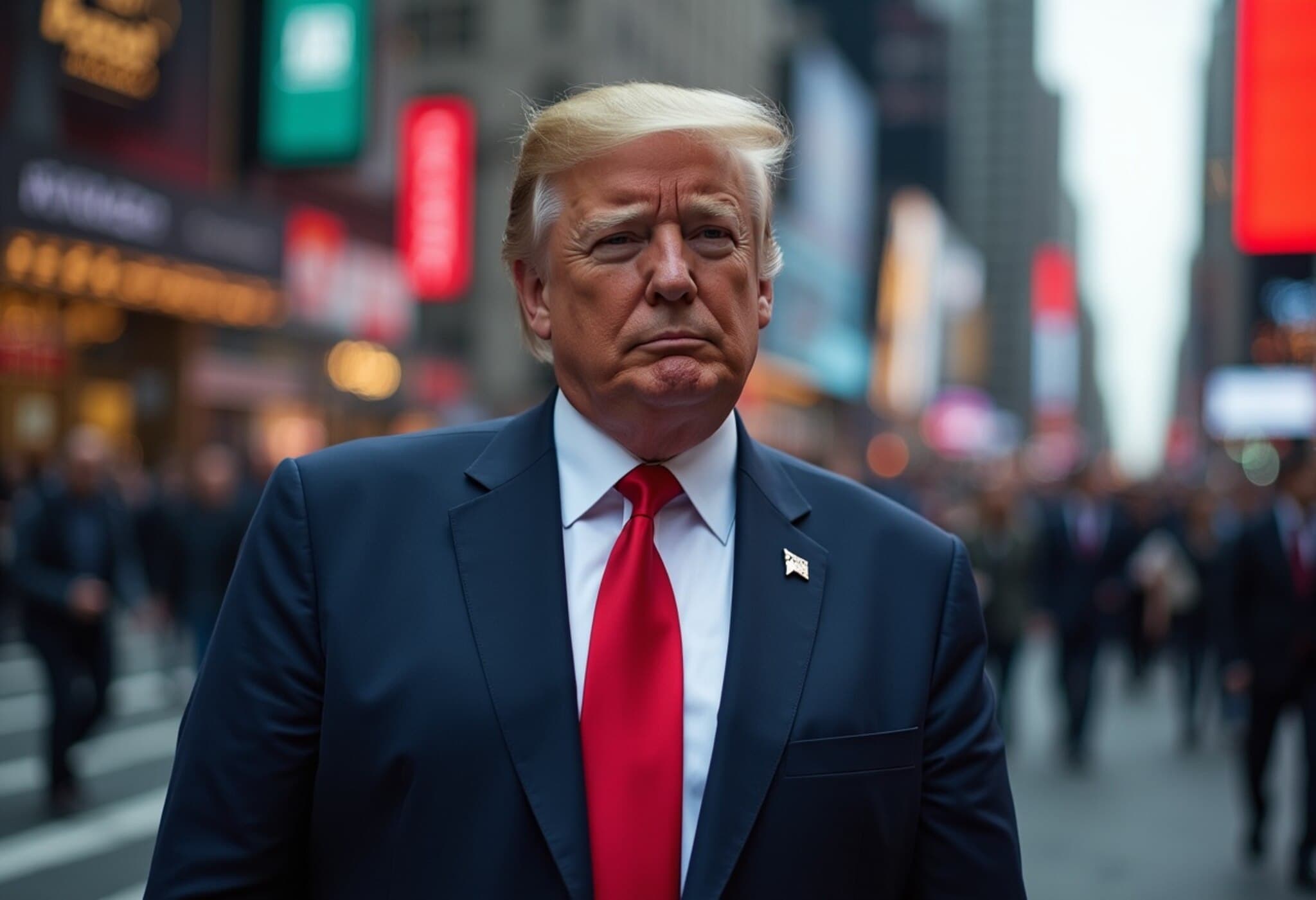Shein Pursues Hong Kong IPO Amid London Listing Challenges
Shein, the global fast-fashion powerhouse known for trendy apparel at wallet-friendly prices, has confidentially filed for an initial public offering (IPO) in Hong Kong. This strategic move, reported by the Financial Times, appears designed to put pressure on U.K. regulators and revitalize the company’s stalled ambitions for a London stock exchange debut.
Background: From London Aspirations to Hong Kong Filing
Founded nearly 17 years ago in China and now headquartered in Singapore, Shein initially aimed to list publicly in London. However, securing the necessary approvals has proved elusive. According to sources familiar with the matter, Shein submitted a draft prospectus last week to the Hong Kong Exchanges and Clearing Limited (HKEX) and is actively engaging regulators, including the China Securities Regulatory Commission (CSRC).
The company’s pivot is notable: Shein reportedly filed for a London listing about 18 months ago but encountered prolonged regulatory pushback. This delay has compelled Shein to broaden its horizons toward the vibrant Hong Kong capital markets, which remain a gateway for many Asian companies seeking global exposure.
Why London Matters—and the Roadblocks Ahead
A London listing represents more than just capital; it offers a stamp of international legitimacy and access to deep pools of sophisticated Western investors. For a company that has rapidly expanded its footprint in U.S. and European markets with aggressive pricing—selling items such as $5 T-shirts and $7 footwear—this kind of market validation could be transformative.
Yet Shein’s path to listing has been shadowed by controversy. The company faces persistent allegations related to forced labor in its supply chain, charges it firmly denies. These concerns have drawn scrutiny from lawmakers in the United States, leading Shein to shelve plans for a New York IPO in favor of London. The ongoing regulatory skepticism in London underscores the complexity fast-fashion companies face amid rising calls for ethical sourcing and supply chain transparency.
Expert Insight: The IPO as a Strategic Negotiation Tactic
According to market analysts, Shein’s filing in Hong Kong can be seen as both a financial and political maneuver. By approaching the HKEX—a market receptive to many Asian tech and retail companies—Shein gains a powerful negotiating chip over U.K. regulators, signaling it has viable alternatives. This tactic might encourage smoother regulatory dialogue in London, potentially expediting approvals.
From a policy perspective, Shein’s situation highlights broader tensions in global capital markets: balancing eager investor appetite for growth-driven companies against the imperatives of corporate governance and human rights compliance.
Looking Ahead: What This Means for Investors and the Fast Fashion Industry
- For investors: Shein’s multi-jurisdictional IPO strategy reflects the increasingly global nature of capital markets, but also signals that significant reputational and regulatory risks remain.
- For the fast fashion sector: The episode underscores growing pressure on companies to demonstrate responsible sourcing as regulators and activists scrutinize supply chains more closely.
- For market watchers: Shein’s next steps will be a bellwether for cross-border listings amid geopolitical and regulatory uncertainties.
This is a developing story. Further updates will follow as additional information emerges.
Editor’s Note
Shein’s IPO saga reveals the intricate interplay between global expansion ambitions and the rising demand for ethical accountability. As fast fashion connects deeply with consumers worldwide, the challenge of marrying rapid growth with sustainable labor practices has never been more relevant. How regulatory frameworks adapt to these realities will shape the future trajectories of companies like Shein and the footprint they leave in the global economy.












